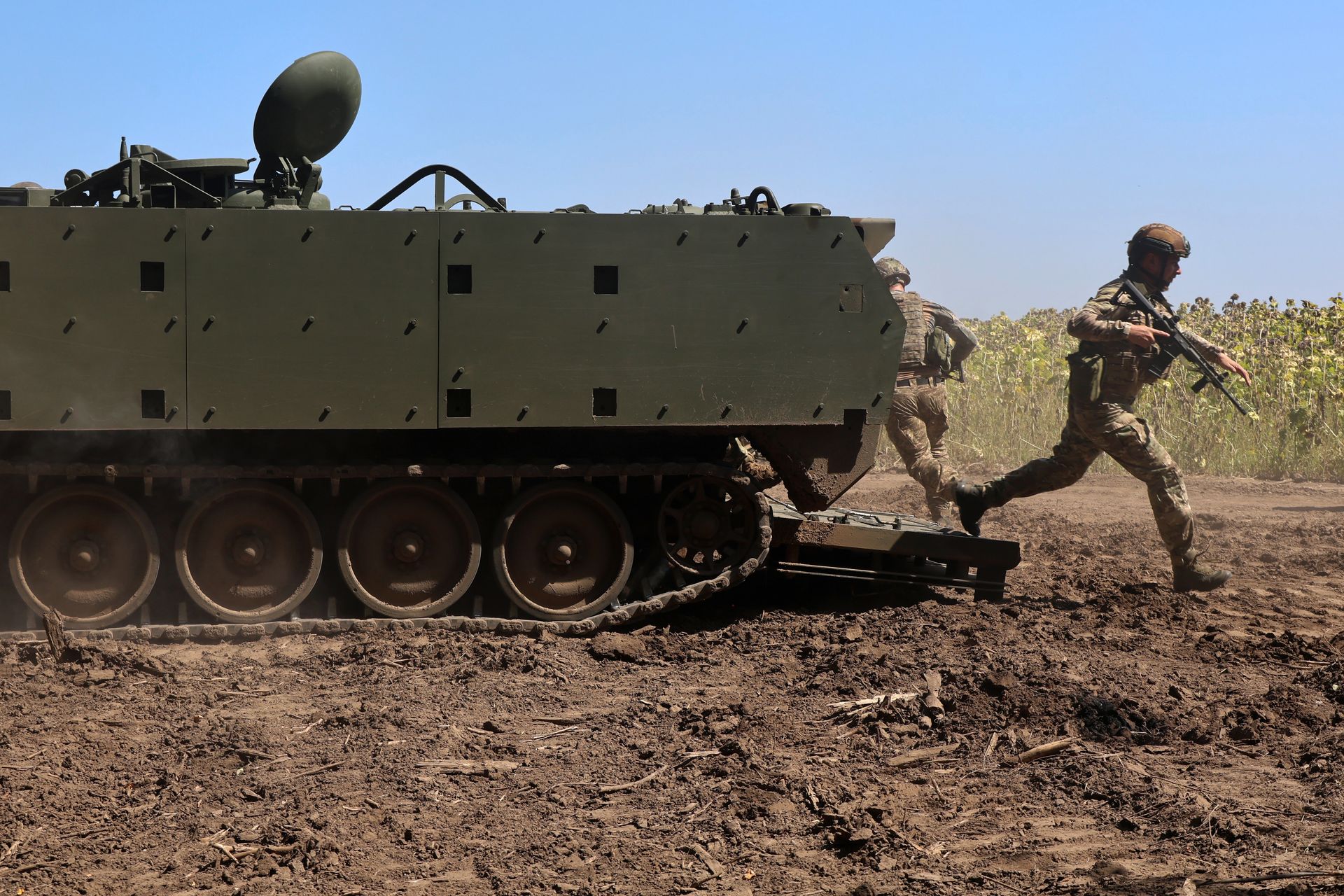Poland to close Belarus border, Lithuania to boost security amid Russia-led military drills

Poland will shut its border with Belarus at midnight on Sept. 11 over security concerns tied to large-scale Russia-led military exercises, Prime Minister Donald Tusk said on Sept. 9
Neighboring Lithuania also announced it would reinforce security along its frontier with Belarus and Russia.
The Zapad-2025 (meaning "west" in Russian) drills, set to begin on Sept. 12 in Belarus and western Russia, have heightened alarm in NATO member states Poland, Lithuania and Latvia.
Western officials say the exercises, though presented as defensive, have long strained Minsk’s relations with its neighbors and in 2021 masked preparations for Russia's full-scale invasion of Ukraine in 2022.
"On Friday, Russian-Belarusian maneuvers, very aggressive from a military doctrine perspective, begin in Belarus, very close to the Polish border," Tusk told a government meeting on Sept. 9.
"Therefore, for national security reasons, we will close the border with Belarus, including railway crossings, in connection with the Zapad maneuvers on Thursday at midnight," Tusk said.

Lithuania's border guard said it would step up protection of its frontiers with both Belarus and Russia during the drills, which officials in Vilnius and Warsaw see as a direct threat to regional stability.
The Zapad-2025 exercises are expected to involve up to 13,000 troops and include drills simulating the potential use of nuclear weapons and testing of the Russian-made intermediate-range hypersonic Oreshnik missile, according to Belarus' defense minister.
NATO contests Moscow's official troop counts and says Russia has split larger maneuvers into smaller exercises to avoid transparency rules under the Vienna Document.
Poland has already closed most border crossings with Belarus, leaving only two in operation.
NATO is holding parallel exercises in response. Poland's "Iron Defender-25," launched earlier this month, involves more than 30,000 Polish and allied troops and 600 pieces of military hardware.
The Zapad drills, staged every four years, have been watched warily in Europe for more than a decade.












